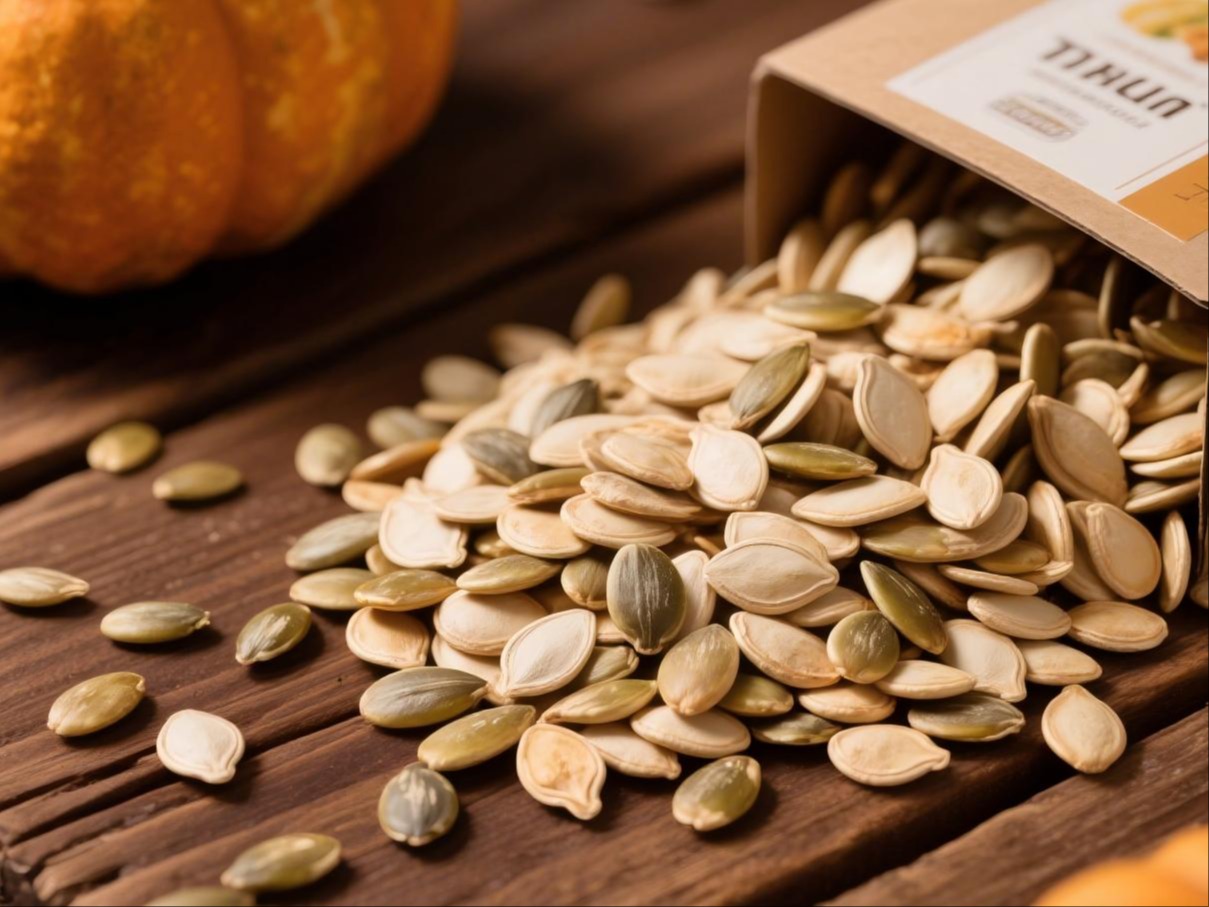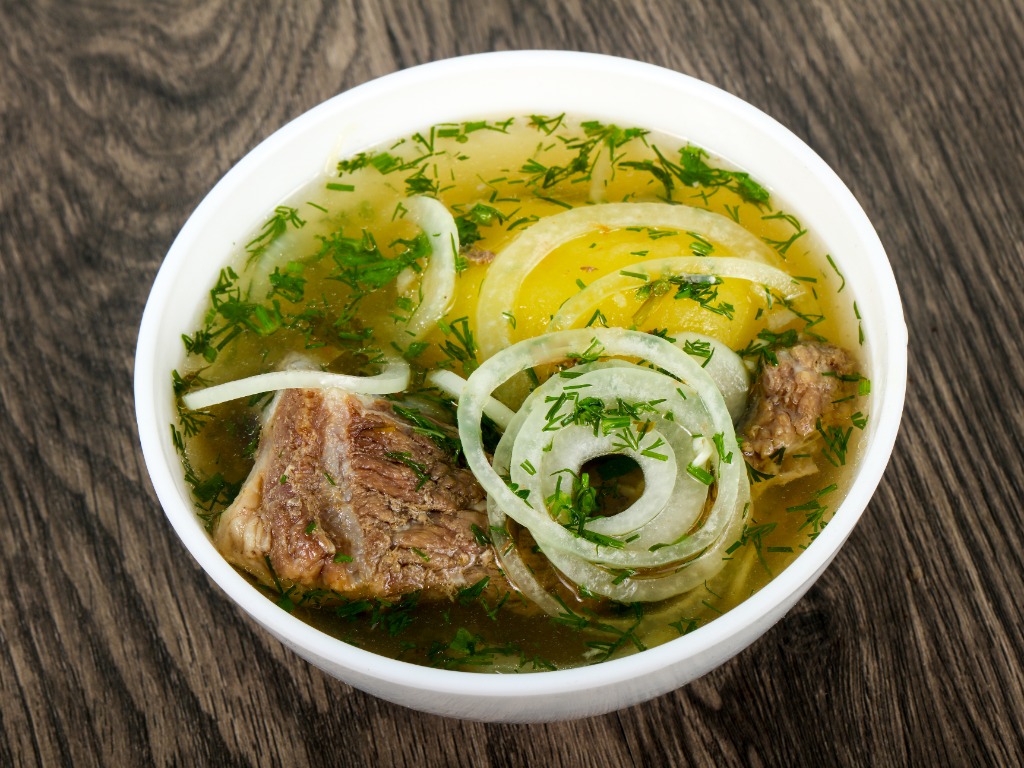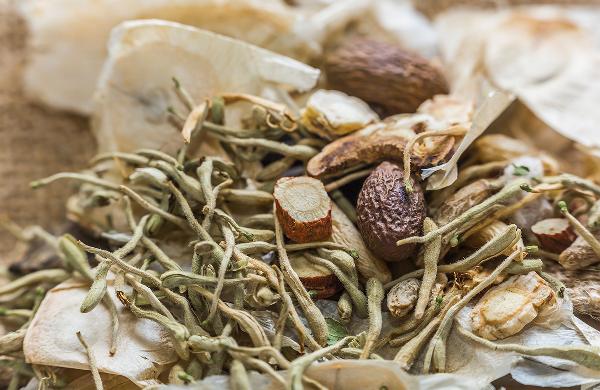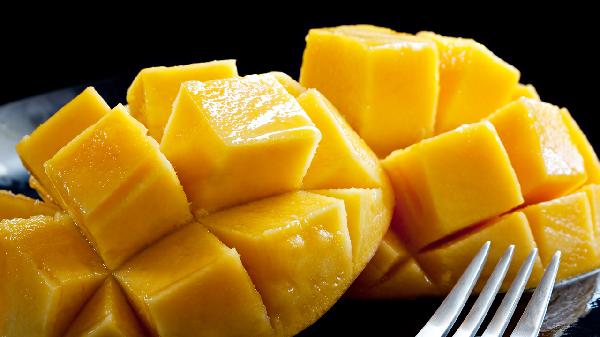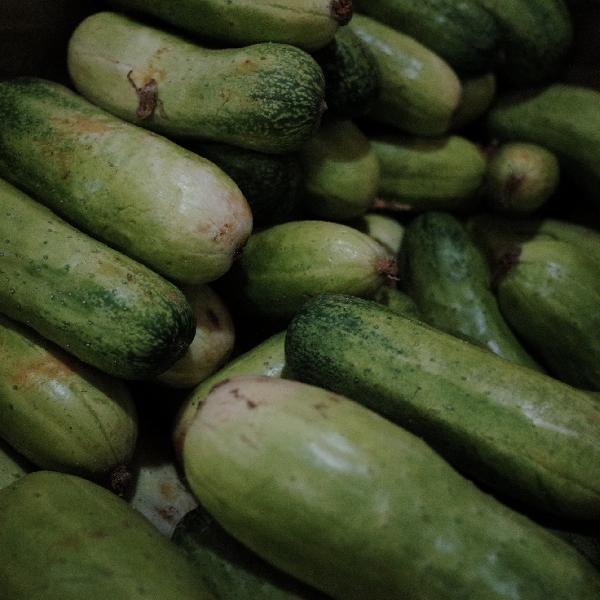Pineapple isn't just a tropical treat—it's a nutritional powerhouse that deserves a spot in your diet. Whether you're blending it into smoothies, tossing it onto the grill, or snacking on it straight from the fridge, this spiky fruit packs a punch when it comes to health perks. From gut-friendly enzymes to immune-boosting vitamins, pineapple brings way more to the table than just its sweet-tangy flavor. Let's break down why this fruit is worth the extra effort (because let's be real, cutting a pineapple can feel like a workout).
The Nutritional Breakdown: More Than Just Sugar
Sure, pineapple tastes like dessert, but its nutrition profile is anything but empty calories. A 2/3 cup serving delivers nearly half your daily manganese needs—a mineral that’s crucial for bone health and metabolism—plus a whopping 79% of your vitamin C quota. The fiber content (1.4 grams per serving) helps balance out its natural sugars, making it a smarter sweet fix than, say, a candy bar. And at just 50 calories per serving? That’s what we call a guilt-free snack. Pro tip: Opt for fresh or frozen over canned to avoid added syrups that sneak in extra sugar.
Bromelain: The Digestive Superhero
Here’s where pineapple really flexes its uniqueness. Bromelain, an enzyme found only in pineapples (mostly in the core—don’t toss it!), acts like a digestive aid by breaking down proteins. Think of it as nature’s Beano: Studies show it can reduce bloating after meals and even soothe IBS symptoms. But its talents don’t stop at your gut. This enzyme has anti-inflammatory properties that may ease joint pain from arthritis and clear sinus congestion. Some athletes even use bromelain supplements to speed up muscle recovery post-workout. Not bad for a fruit that doubles as a pizza topping.
Immunity Boost and Disease Defense
Pineapple’s vitamin C content isn’t just for fighting off colds—though it excels at that, too. This antioxidant powerhouse helps your body produce infection-fighting white blood cells while neutralizing free radicals linked to chronic diseases. The flavonoids in pineapple (the same compounds found in green tea and dark chocolate) add another layer of protection against heart disease and certain cancers. Research suggests these antioxidants may help lower LDL cholesterol and reduce arterial plaque buildup. Basically, eating pineapple is like giving your body a tiny shield against modern health villains.
Fertility Folklore vs. Science
Scroll through IVF forums, and you’ll find pineapple core emojis everywhere—the fruit has become a fertility good-luck charm. While there’s no magic bullet for conception, pineapple’s bromelain might indirectly support reproductive health by reducing uterine inflammation that can hinder embryo implantation. Its manganese content also plays a role in hormone regulation. That said, don’t go eating a whole pineapple daily (the acidity could backfire). A few servings a week as part of a balanced diet? Now that’s a strategy even skeptics can get behind.
Creative Ways to Eat More Pineapple
Bored of fruit salads? Try these unexpected twists: Grill pineapple rings and layer them on burgers (trust us, the sweet-savory combo is next-level), blend frozen chunks into margaritas (with or without tequila), or stir diced pineapple into quinoa for a tropical grain bowl. For a gut-healthy breakfast, mix bromelain-rich core pieces into smoothies—just blend thoroughly to avoid a fibrous texture. Even the peel has uses: Simmer it in water with cinnamon for a zero-waste infused tea. The takeaway? With pineapple, versatility is the name of the game.
At the end of the day, pineapple proves that healthy eating doesn’t have to be bland or boring. Whether you’re after better digestion, stronger immunity, or just a burst of sunshine in your meals, this tropical fruit delivers—with enough natural sweetness to make you forget you’re even being "healthy." So next time you’re eyeing that prickly guy in the produce aisle, grab it. Your taste buds (and your gut) will thank you.



